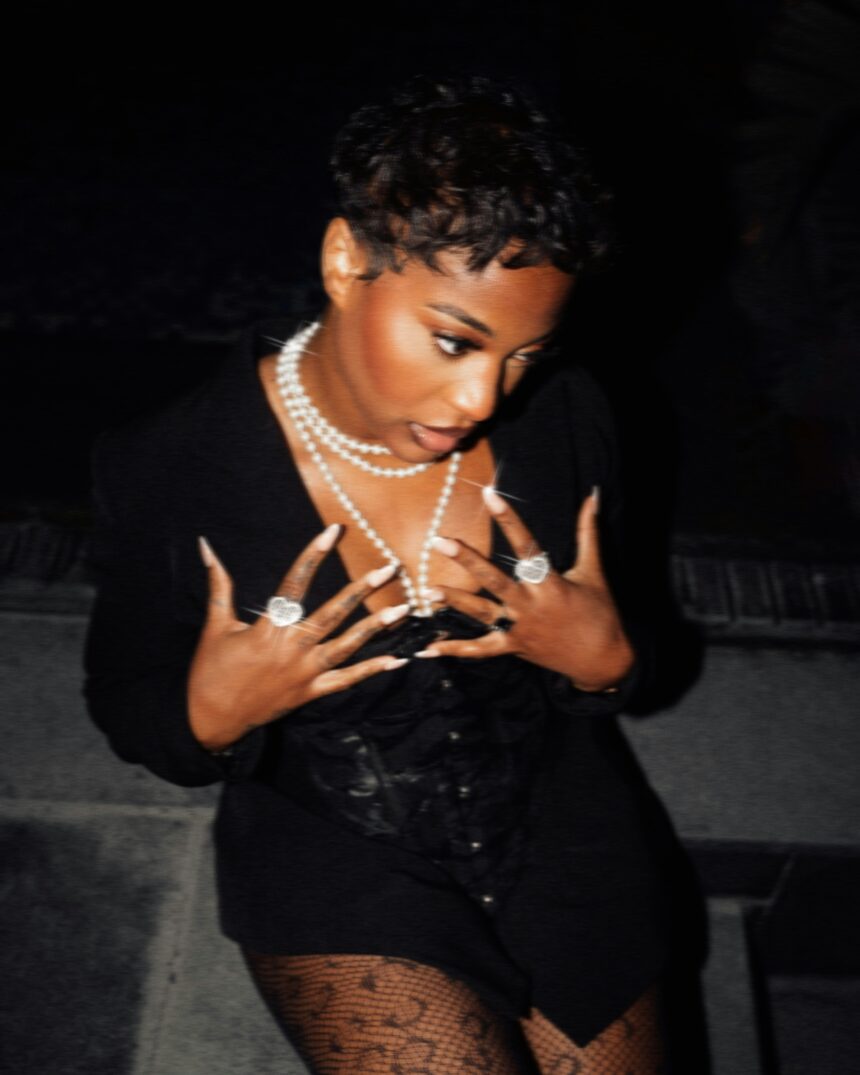Photo by Christian Agbede on Unsplash
One of the most common questions people ask in movement spaces is: why do we need to talk about race, gender, and sexuality all at once? Isn’t that too much to hold?
In her powerful book, Unapologetic: A Black, Queer, and Feminist Mandate for Radical Movements, Charlene A. Carruthers gives a clear answer: these identities and struggles are inseparable. To challenge the patriarchy, end systemic violence, and imagine a liberated future, movements must be unapologetically Black, queer, and feminist.
Carruthers doesn’t just theorize—she writes from lived experience as a community organizer and leader within BYP100 (Black Youth Project 100), a collective of young activists fighting for Black liberation. Through personal stories, history, and sharp analysis, she lays out a mandate for what true transformation must look like.
Who: Liberation Must Include All of Us
Carruthers begins with the “who.” She makes it clear: radical change must include everyone. The opening line of her first chapter cuts to the heart of U.S. politics:
“Nothing brings out the true colors of people in the United States as effectively or honestly as a presidential election.”
By starting here, she positions her book not only for Black, queer, feminist readers, but for anyone invested in the fight against injustice. Her insistence on collective liberation echoes throughout the text—because if our movements leave anyone behind, they are not movements toward justice.
She also doesn’t shy away from contradictions within organizing. For example, when BYP100 had to respond to sexual assault allegations against a member who had just been wrongfully arrested, Carruthers highlights how accountability and justice are complicated, but necessary. BYP100’s creation of a National Healing and Safety Council shows how movements can build tools for healing and prevention while still fighting systemic racism.
What: Imagination, Violence, and Education
Carruthers then turns to the what—the barriers and possibilities that shape liberation work.
She writes, “Anti-Blackness works 24/7 to kill the Black imagination.” This loss of imagination is enforced by violence—gender-based violence, mass incarceration, poverty, and environmental harm. In one of the book’s most striking visuals, she presents a “violence matrix” chart, showing how harm appears at every level: the household, the community, and the wider social system.
Another major theme is education. Carruthers asks: what would be possible if Black children grew up learning that Marsha P. Johnson and Sylvia Rivera helped found the LGBTQ rights movement? What would it mean if schools taught a fuller, more truthful history? She challenges readers to not only recognize ignorance but to actively pursue political education as part of liberation work.
Why: Commitments and Questions for Transformation
Carruthers ends with both commitments and guiding questions that can carry movements forward. Her three commitments are:
- Building strong leaders
- Adopting healing justice as a core practice
- Combating liberalism with principled struggle
And she offers five guiding questions: Who am I? Who are my people? What do we want? What are we building? Are we ready to win?
These are not just questions for organizers, but for anyone invested in creating a better world.
She closes with a powerful reminder:
“Only collective action can bring about the transformation our world needs.”
Why This Book Matters Now
At only 140 pages, Unapologetic is accessible yet deeply challenging. Carruthers invites readers to sit with discomfort, confront their own ignorance, and commit to action. For people new to organizing, it’s a guide. For seasoned activists, it’s a call to deepen the work.
Most importantly, it insists that Black, queer, and feminist politics are not optional add-ons—they are the very heart of liberation.
If we want movements capable of dismantling patriarchy, white supremacy, and systemic violence, we must be unapologetic in our commitments.


Leave a Reply